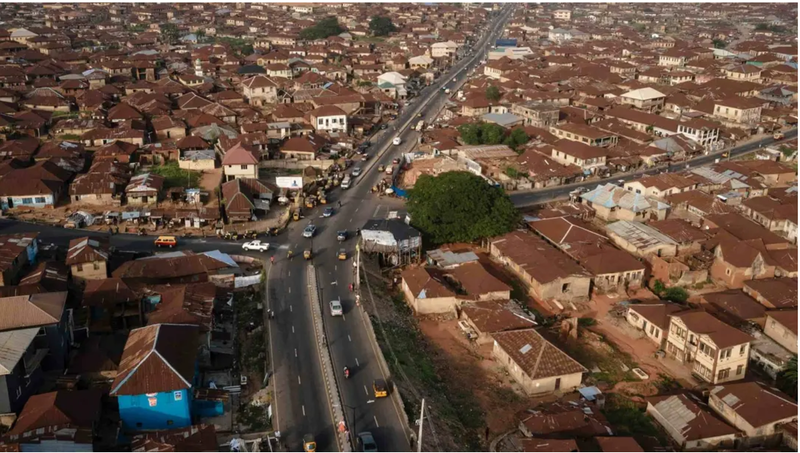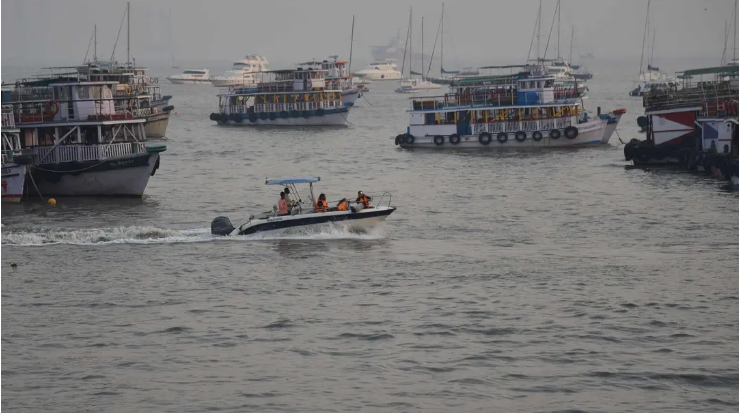Kashmir Journalist Freed After Nearly 2 Years
Indian authorities on Thursday released the founder and editor of news portal The Kashmir Walla, Fahad Shah, who was arrested in February 2022 on terrorism charges for allegedly publishing 'anti-national content.'...

Facts
- Indian authorities on Thursday released the founder and editor of news portal The Kashmir Walla, Fahad Shah, who was arrested in February 2022 on terrorism charges for allegedly publishing 'anti-national content.'1
- His arrest stemmed from the publication of an opinion piece written by a student at the University of Kashmir — who currently remains detained — that allegedly called for the secession of Indian-administered Kashmir.2
- In 2019, Prime Minister Narendra Modi revoked Kashmir's special status, dividing the region — which is claimed by both Pakistan and India — into two territories and placing it under the control of New Delhi.3
- Shah was held under the Public Safety Act, which permits the detention of an individual for up to two years without trial if they are deemed a threat to national security.4
- The release comes after India's Jammu & Kashmir and Ladakh court issued a bail order last week, which claimed that there's insufficient evidence that Shah violated the nation's terror law, the Unlawful Activities Prevention Act, though he still faces other terror-related charges.2
- The Indian government banned the Kashmir Walla earlier this year under the Information Act of 2000. Shah was also a correspondent for the US-based Christian Science Monitor and other international outlets.5
Sources: 1Telegraph India, 2Al Jazeera, 3CNN, 4The Kashmiriyat and 5Welwyn Hatfield Times.
Narratives
- Narrative A, as provided by Columbia Journalism Review. The Indian authorities’ real motive behind the arrest of Fahad Shah was to question and detain journalists as punishment for criticizing the establishment. Since the revocation of Jammu and Kashmir's constitutional autonomy in 2019, India has displayed a venal approach to free speech. Shah’s arrest was only one in a series of punitive efforts by police to target Kashmiri media. Clearly, what happened in Kashmir did not stay in Kashmir and this vindictiveness towards journalists has, by now, spread to other parts of India, too.
- Narrative B, as provided by PIB. India is constantly fighting a multipronged propaganda war, especially in matters related to the restive Jammu and Kashmir region in the Himalayas. Foreign media aside, several homegrown platforms, too, spew anti-India rhetoric regularly to vitiate the domestic atmosphere. The Indian government is acting within its mandate to secure the information space in order to protect national security.






